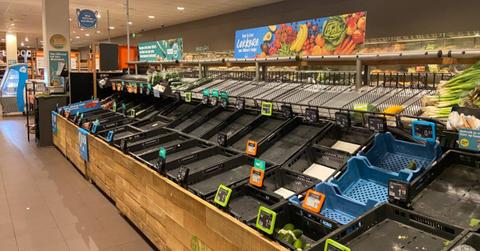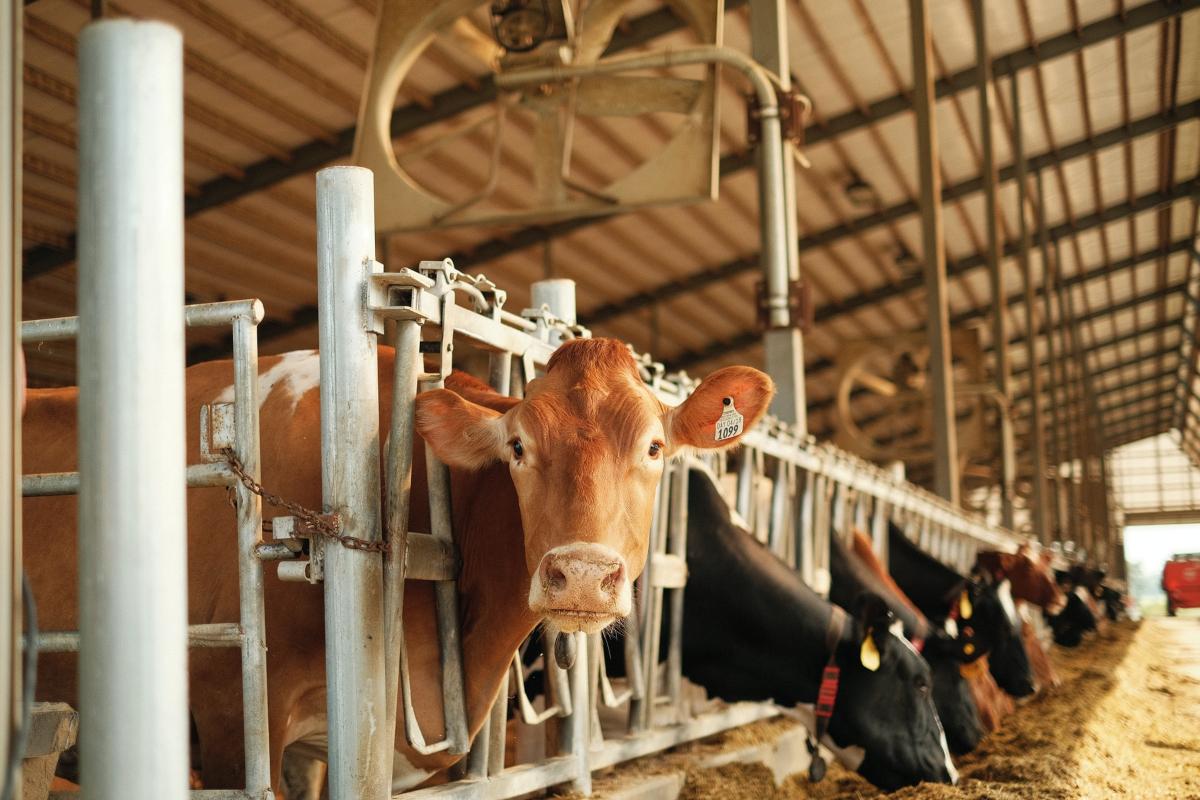The Netherlands Faces a Food Shortage Amid Farmer Protests
In the Netherlands, farmers have been protesting a government proposal to address climate change. The protests are leading to food shortages in the country.
July 7 2022, Published 9:39 a.m. ET
Environmentalists blame climate change for threatening global food security. Even the current food shortage has been amplified by climate change. Meanwhile, the Netherlands is facing a unique situation where farmer protests over a government proposal to address climate change are leading to food shortages in the country.
Farmers in the Netherlands have been protesting the government’s proposed measures to cut emissions in the country. Farmers fear that the proposal would threaten their livelihood and they are being unfairly targeted.
Farmers in the Netherlands are protesting emission control measures.
The Dutch government has proposed cutting pollutants like ammonia and nitrogen oxide which are present in livestock urine and feces. In the past, the government called upon farmers to reduce the protein in the animal diet as it would help lower ammonia.
Now, the government is proposing to cut these emissions in half by 2030. Ministers in the Netherlands, which exports a lot of food products, say that it's an “unavoidable transition.” Farmers think that it's a threat to their livelihood, and they have good reasons to think this.
The Dutch government has admitted that “there is not a future for all (Dutch) farmers within [this] approach.” The Netherlands is among the world’s largest food exporters. Ornamental horticulture products, which include flowers and plants, are the largest component of the country’s food exports, followed by meats.
Police fired at protesting farmers.
Farmers in the Netherlands have been protesting for weeks. They have been blocking the country’s highways, dumping hay bales on some roads, and also burning hay along highways. The police fired on protestors amid the swelling protests. While no one was hurt, there are ongoing investigations.
There is a food shortage in the Netherlands.
Some supermarkets in the Netherlands are witnessing empty shelves. The farmer protests are leading to supply chain problems. The hoarding behavior, which we’ve seen in different parts of the world amid the food shortage, also seems to be compounding the problem.
Consumers in the U.S. have also gotten used to empty supermarket shelves as many packaged food products like peanut butter and Sriracha sauces have been in short supply. The U.S. also faced a massive shortage of baby formula. Eventually, the White House intervened to increase the supply of baby formula by fast-tracking exports.
Sri Lanka is dealing with a food shortage.
Sri Lanka is also facing a food shortage. However, the food shortage occurred because the country’s political leadership went overboard with organic farming even preaching itself as a role model. As things turned out, organic farming wasn’t sufficient to feed the island nation. The country is facing the worst economic crisis in its history with a shortage of everything from food to fuel.
Climate change also threatens food security.
There's little denying that climate change is a threat to global food security. We have several examples in 2022 of how climate change is leading to a food crisis. India was expected to fill up the global wheat shortfall caused by the Russia-Ukraine war. However, its wheat crop yield took a hit from exceptionally warm and early summers.
The mustard shortage is also due to climate change. Even Sriracha hasn't been able to buy the desired chilies due to adverse weather conditions. While climate change needs to be tackled, knee-jerk reactions are best avoided. As for the Netherlands, while the government has signaled that it isn't going back on the emission rules, constructive discussions with farmer groups appear to be the only way forward.


